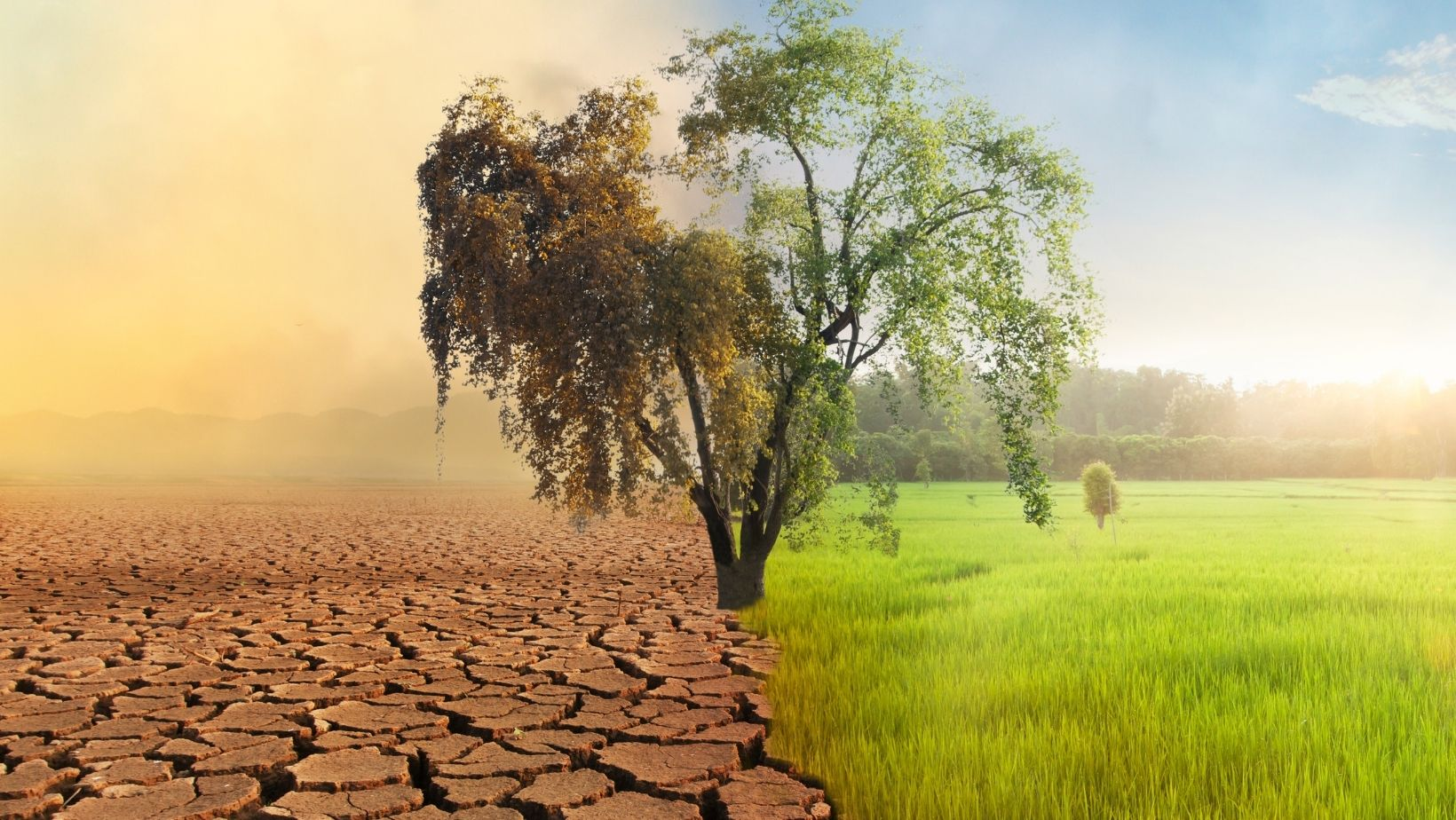Exploring Indigenous Wisdom in Modern Society
In a world increasingly driven by fast-paced technology and constant change, more people are beginning to look back—toward the deep-rooted knowledge and practices of indigenous communities. What they’re finding is not just history, but a living legacy that holds vital insights for modern life.
From environmental stewardship to community-centered living, indigenous wisdom offers perspectives we urgently need today.
A Different Way of Knowing
Indigenous knowledge isn’t stored in books or locked in labs—it lives in stories, rituals, landscapes, and generations of experience. It’s the result of thousands of years of observing the land, understanding relationships, and learning how to live in harmony with nature.
For example:
-
The Sámi people of Northern Europe track reindeer migration using patterns in snow and wind.
-
Aboriginal Australians use songlines—oral maps passed through song—to navigate vast terrains.
-
Native American herbal medicine offers plant-based treatments still used today in natural healing.
These aren’t outdated customs. They are systems of knowledge that continue to evolve.
Nature and Sustainability
One of the most powerful lessons from indigenous cultures is the deep respect for nature. Many indigenous communities view land as sacred—not property to be owned, but a partner to live with.
This worldview encourages sustainable practices:
-
Rotating crops and seasonal harvesting
-
Community-based land management
-
Natural resource use without overexploitation
As modern societies struggle with climate change, deforestation, and resource depletion, these principles are more relevant than ever.
Healing and Holistic Living
Indigenous approaches to health focus not just on the body, but also on the mind, spirit, and community. Healing is often a collective effort, involving family, rituals, and connection to ancestors.
In contrast to compartmentalized modern medicine, this holistic approach is inspiring new models in mental health, wellness, and integrative care.
Community and Connection
Many indigenous societies operate through communal values—shared responsibility, storytelling, and decision-making by consensus. In an age where isolation and individualism are rising, these traditions remind us of the power of belonging and collective well-being.
Respect, Not Appropriation
While there’s growing interest in indigenous knowledge, it’s important to engage with it respectfully. That means listening to indigenous voices, supporting their leadership, and protecting their intellectual property from exploitation.
True respect involves not just learning about these cultures, but learning from them—with humility and care.
Bridging the Past and the Future
Indigenous wisdom isn’t about going back in time—it’s about moving forward with balance. It’s a reminder that progress doesn’t have to mean abandoning tradition, and that some of our most pressing problems may have already been solved—just in a language we haven’t fully learned to hear.
As we search for meaning, sustainability, and connection in the modern world, the teachings of indigenous communities offer something rare and vital: a way to live with the earth, not just on it.









